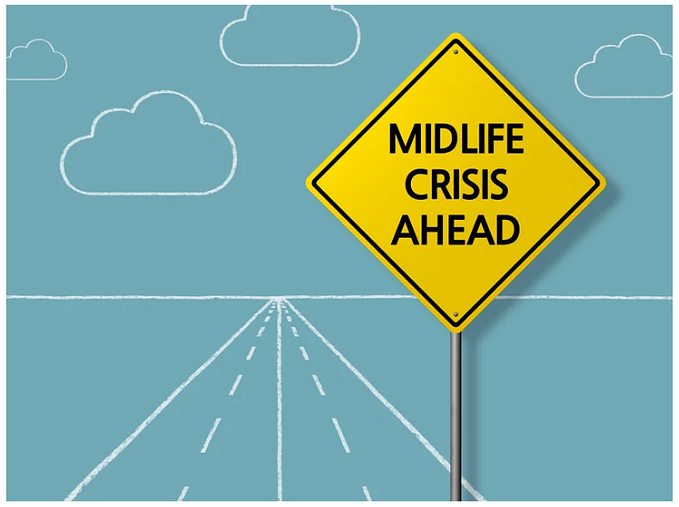Member-only story
The Nuance
How to Actually Relax on Your Next Vacation
Time off can be stressful, but there are ways to optimize your holidays

Every week, the Nuance will go beyond the basics, offering a deep and researched look at the latest science and expert insights on a buzzed-about health topic.
 The airport was a nightmare, and your hotel isn’t as nice as you’d hoped. You’re doing your best to relax, but your mind is adding up all the money you’ve spent — and emails from work are piling up in your inbox. You also feel like you’re getting sick.
The airport was a nightmare, and your hotel isn’t as nice as you’d hoped. You’re doing your best to relax, but your mind is adding up all the money you’ve spent — and emails from work are piling up in your inbox. You also feel like you’re getting sick.
Sound familiar? It should. Anxiety and illness are common features of vacations, and they may help explain why we sometimes don’t experience much of a boost after we’ve returned from a holiday. “The research to date has failed to demonstrate clearly that vacations contribute to life satisfaction in significant ways,” says M. Joseph Sirgy, a professor and management psychologist at Virginia Tech University who has studied the effects vacations have on our wellness.
Far from recharging your batteries, time away can leave you feeling broke, burned out, and slightly down in the dumps, Sirgy says. “When we experience certain highs in life” — like when we have the chance to throw off the shackles of our usual obligations — “this is usually followed by lows,” he says. Apart from being bummed that your vacation is over, the stress of travel logistics and the regret you may feel about overspending can contribute to these post-trip blues, he says.
For many of us, the most enjoyable part of a vacation may actually be the weeks leading up to it, when we’re free to daydream about how wonderful it will be. “People conjure up images, and they introspect about their anticipated experiences,” Sirgy says. This is fun. Just as runners can find hidden reserves of energy when the finish line is in sight, having a vacation to look forward to can provide some short-term bursts of enthusiasm.
It’s not that vacations are a problem — it’s that they have to end.
But this can dissipate in the days just before a break. “Pre-vacation time is often associated with stress,” says Jessica de Bloom, a research fellow at the…







